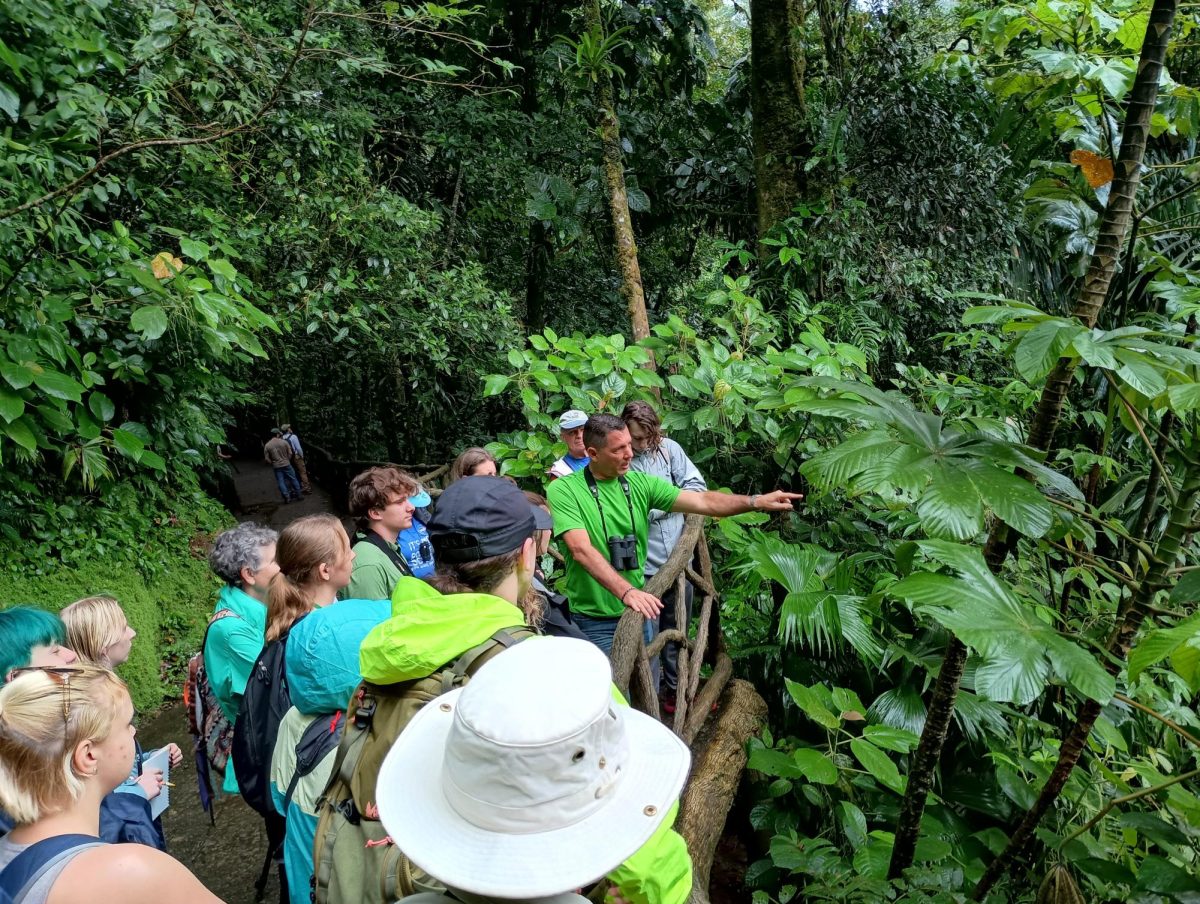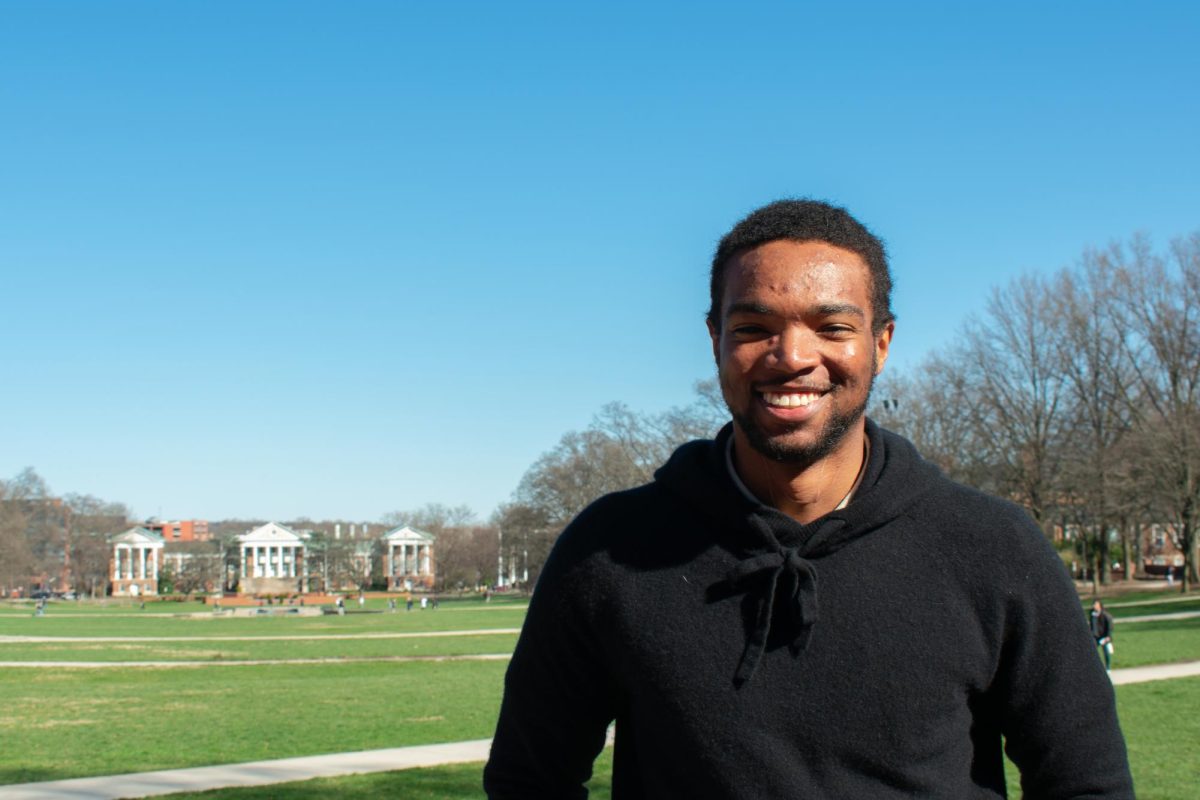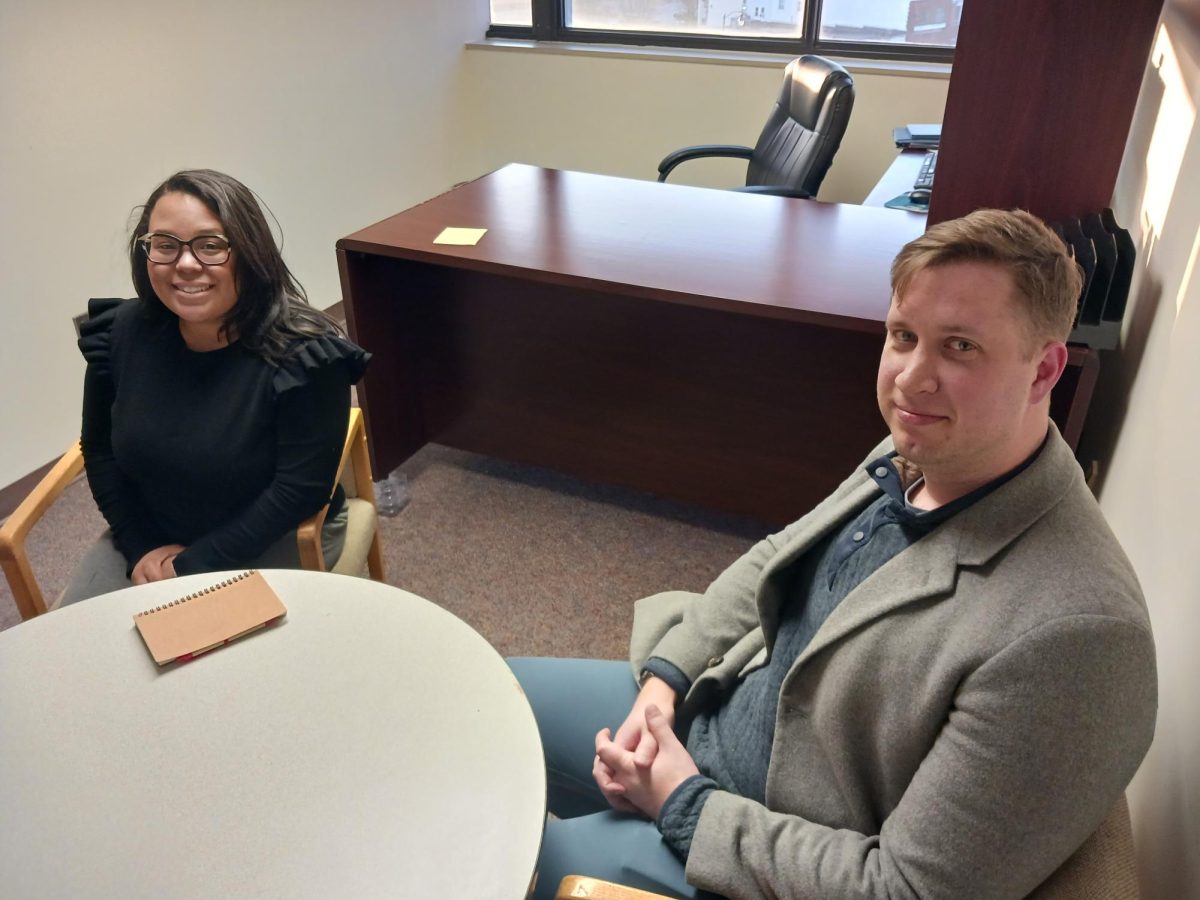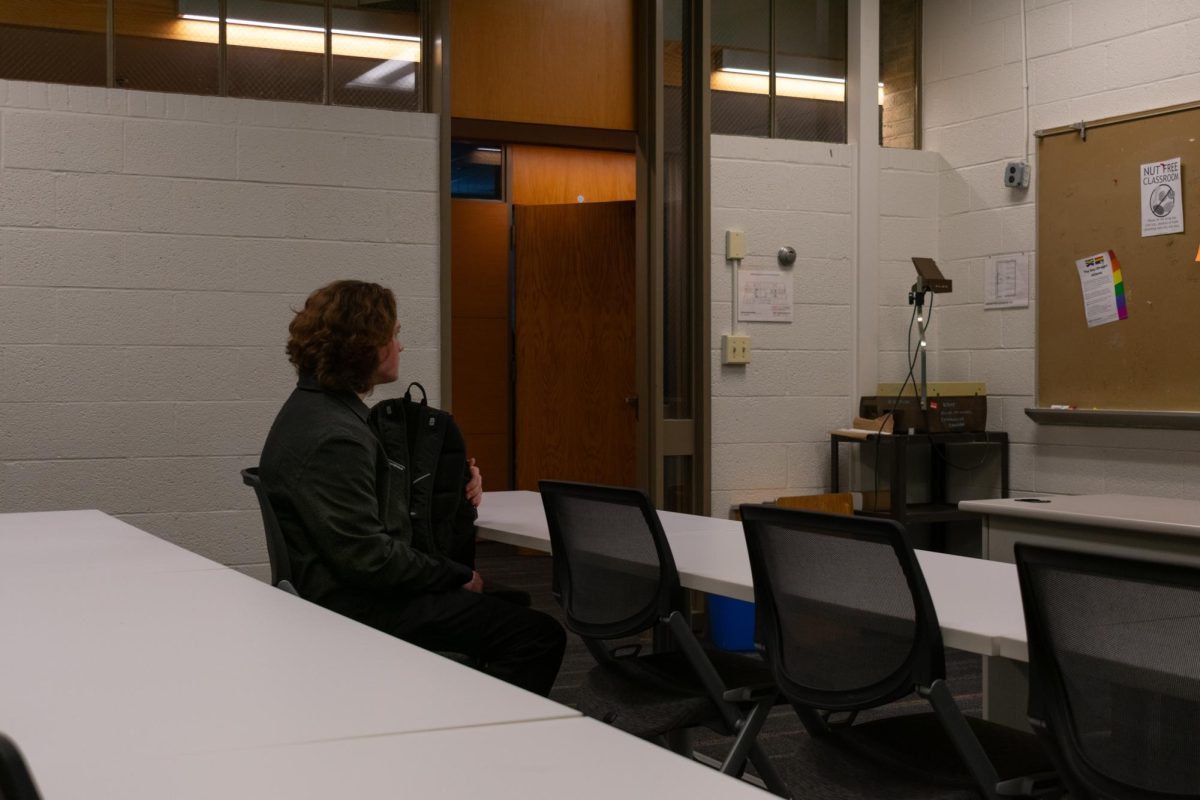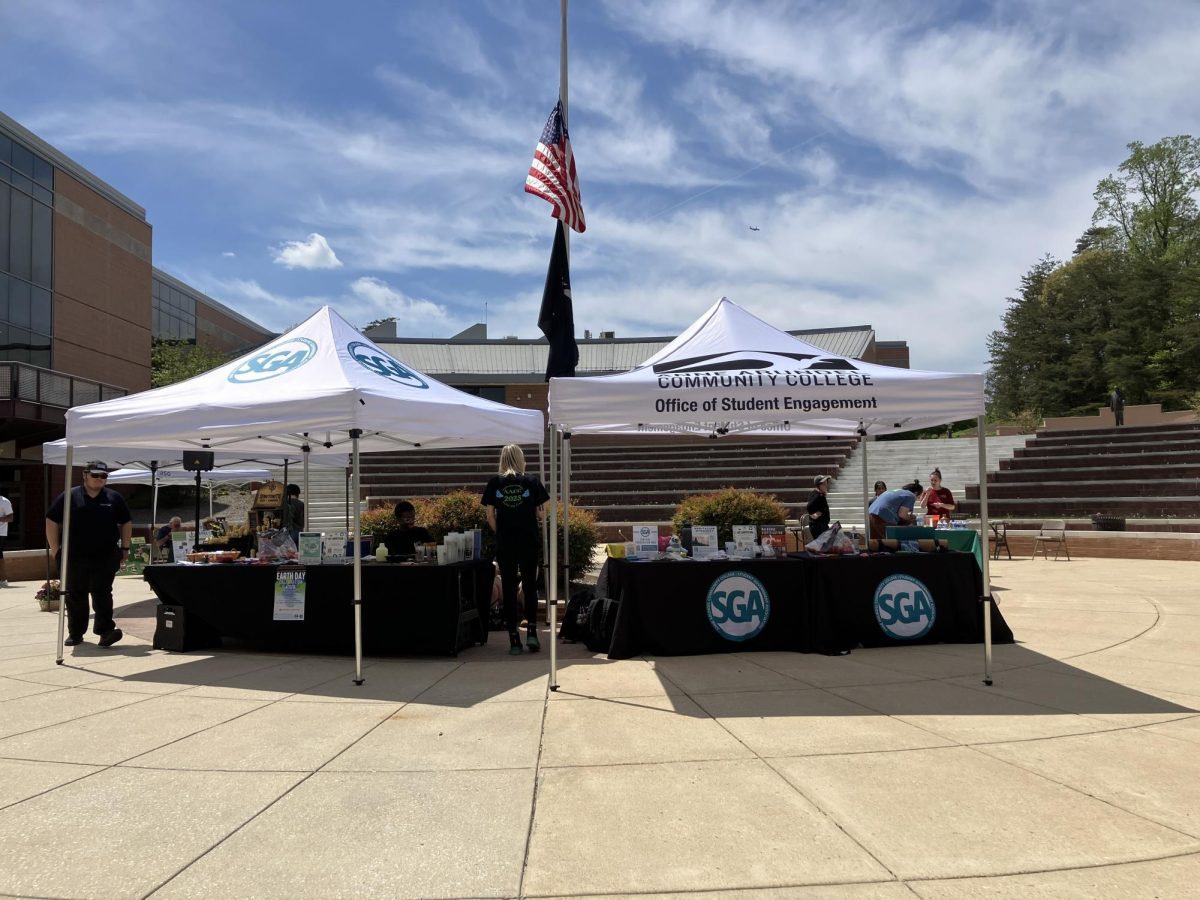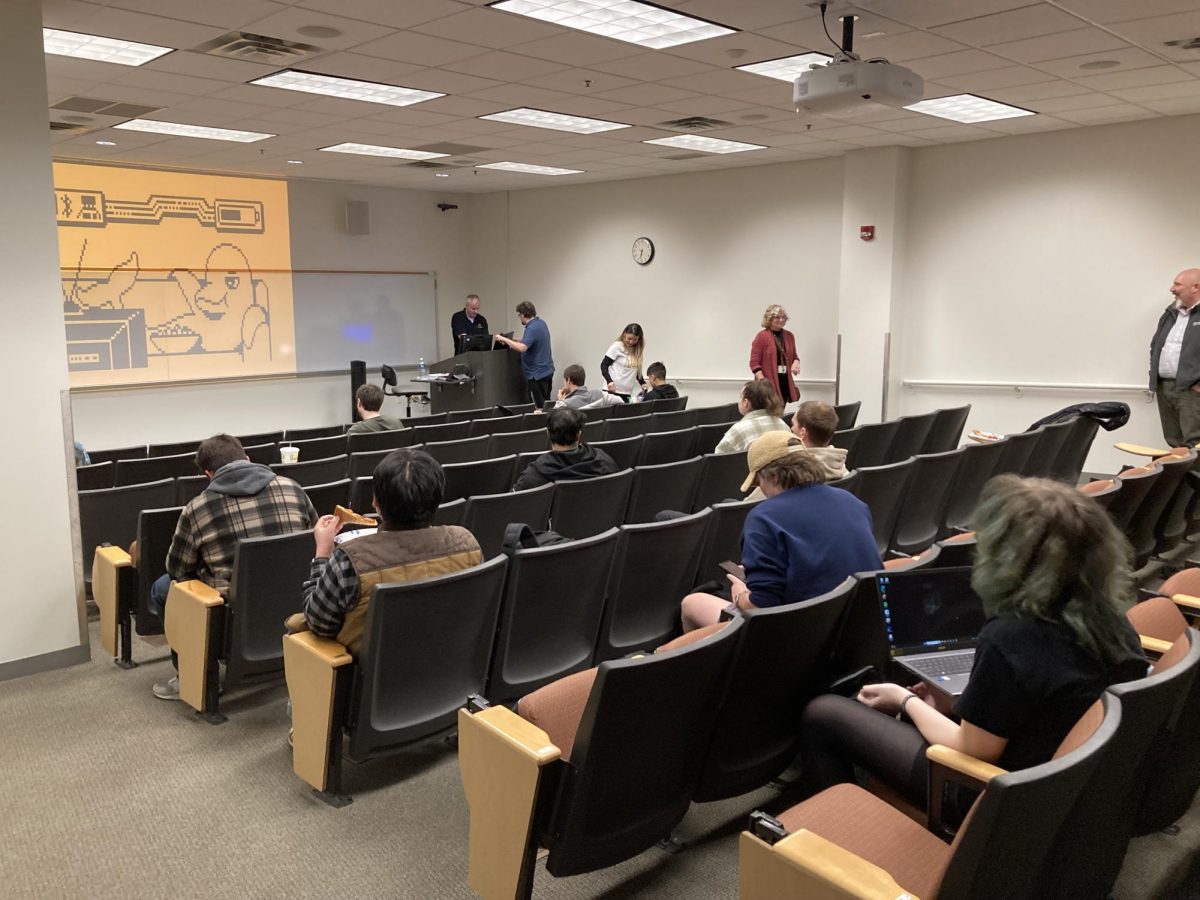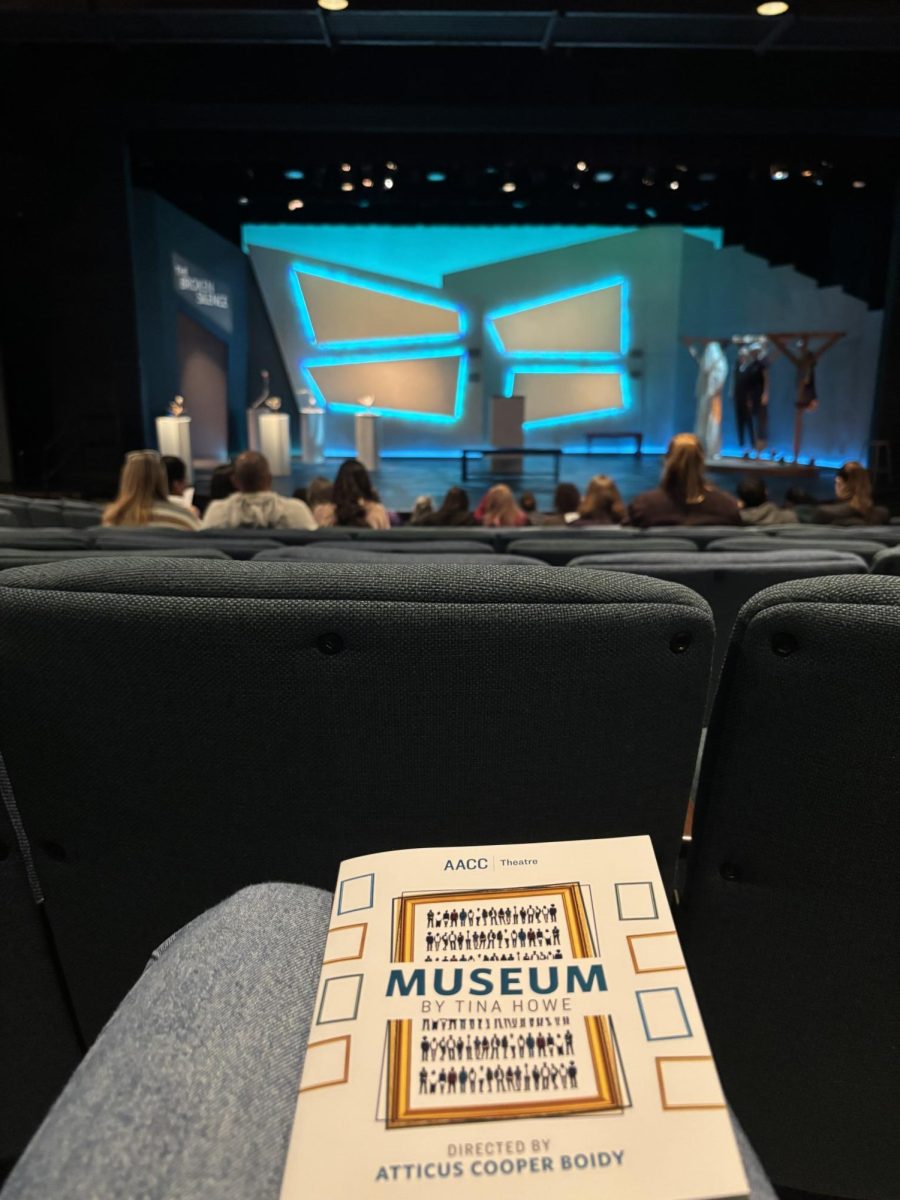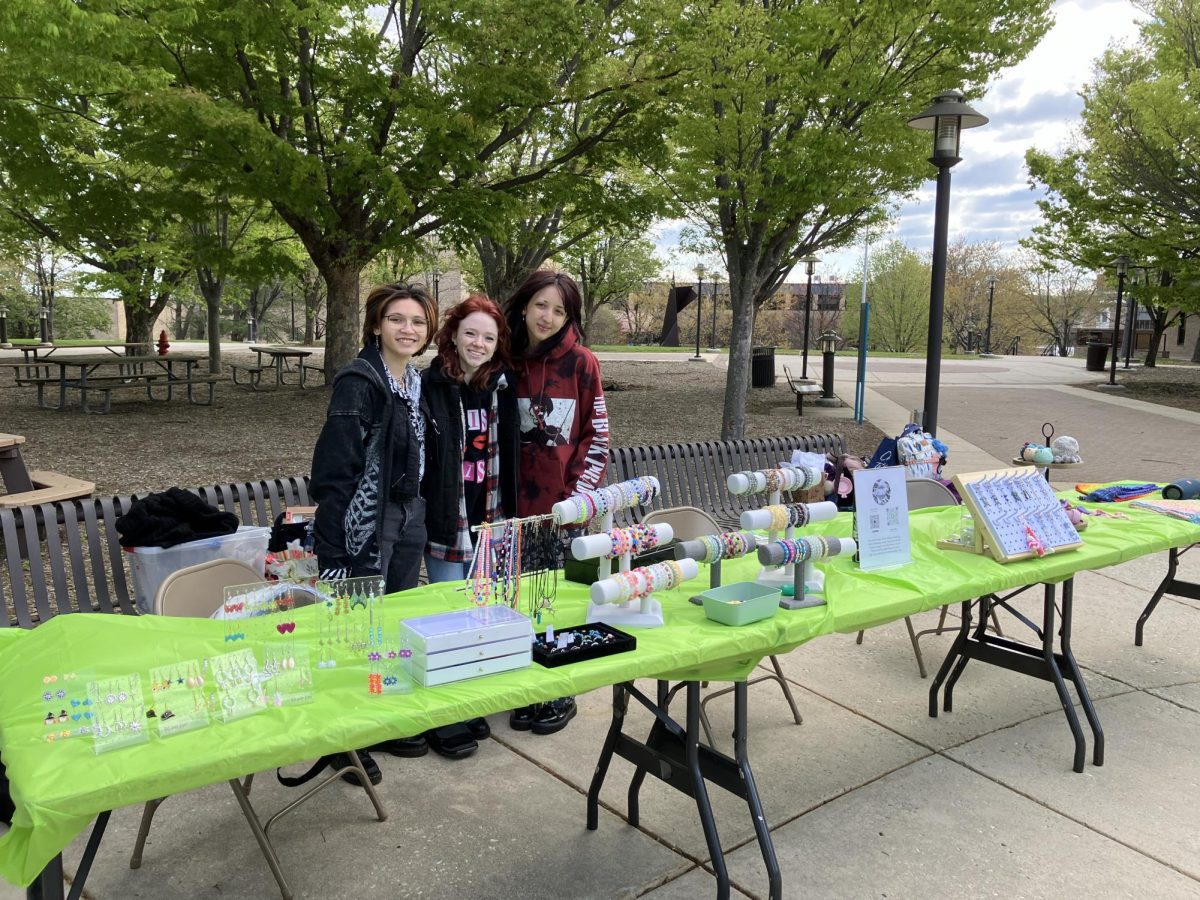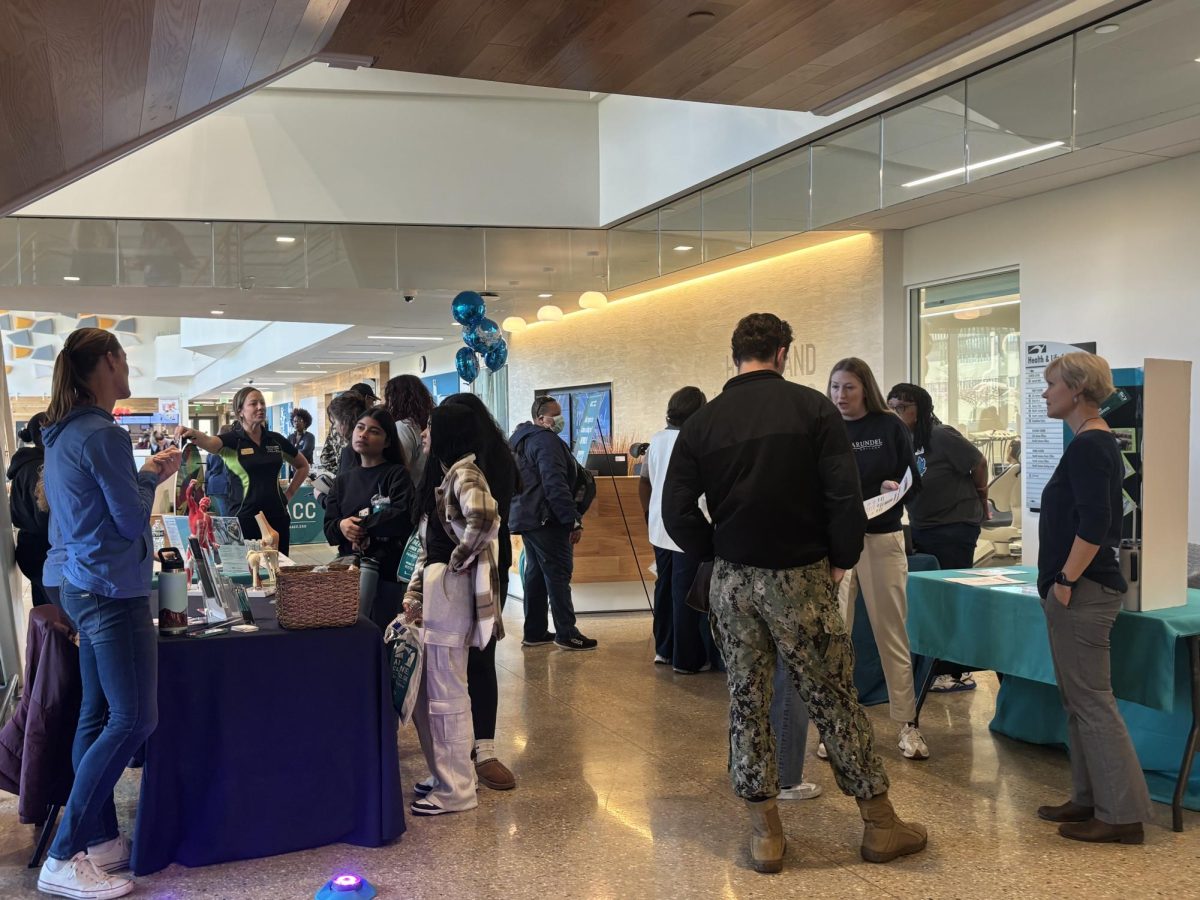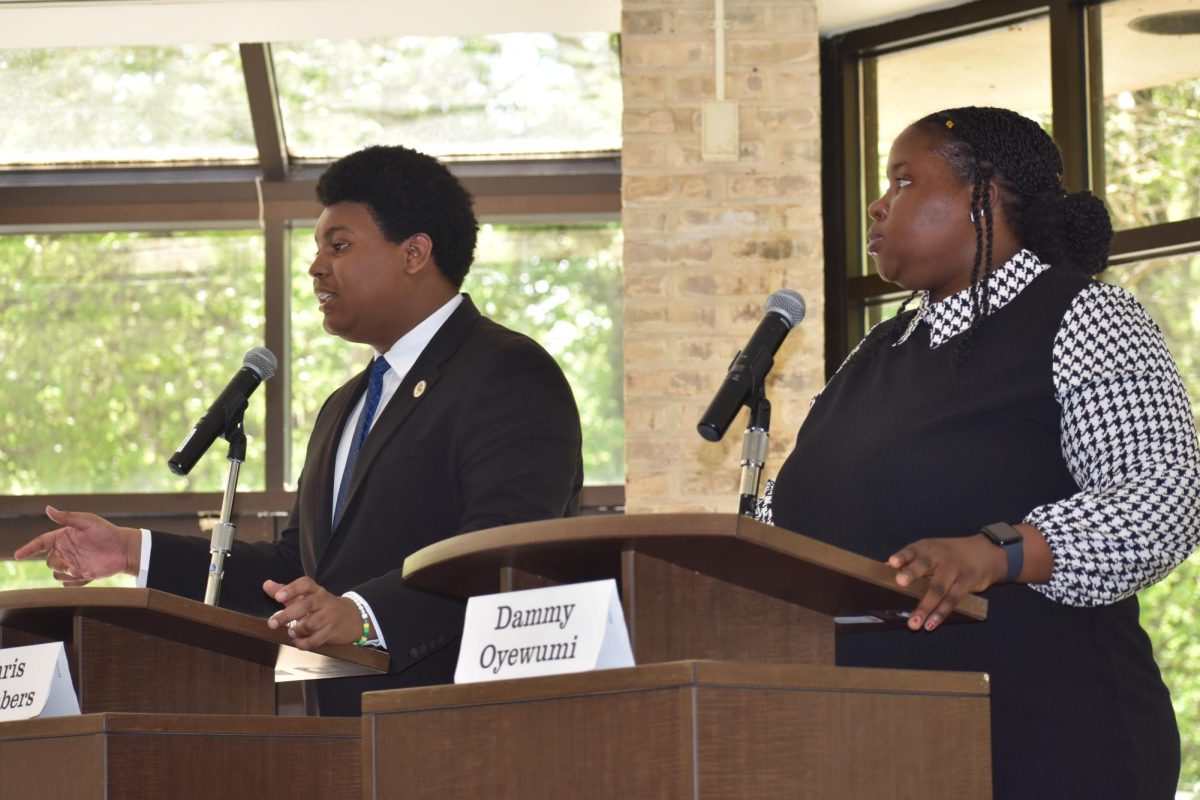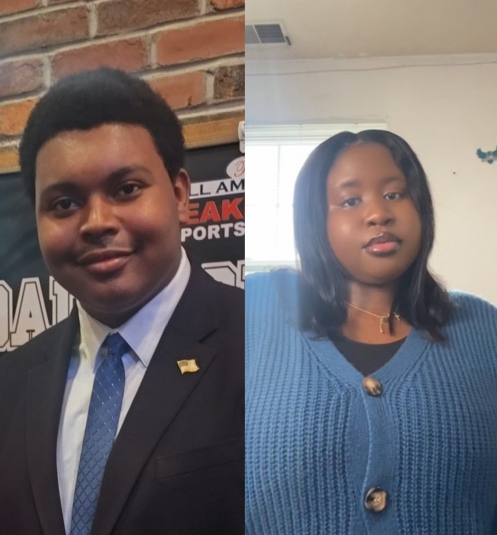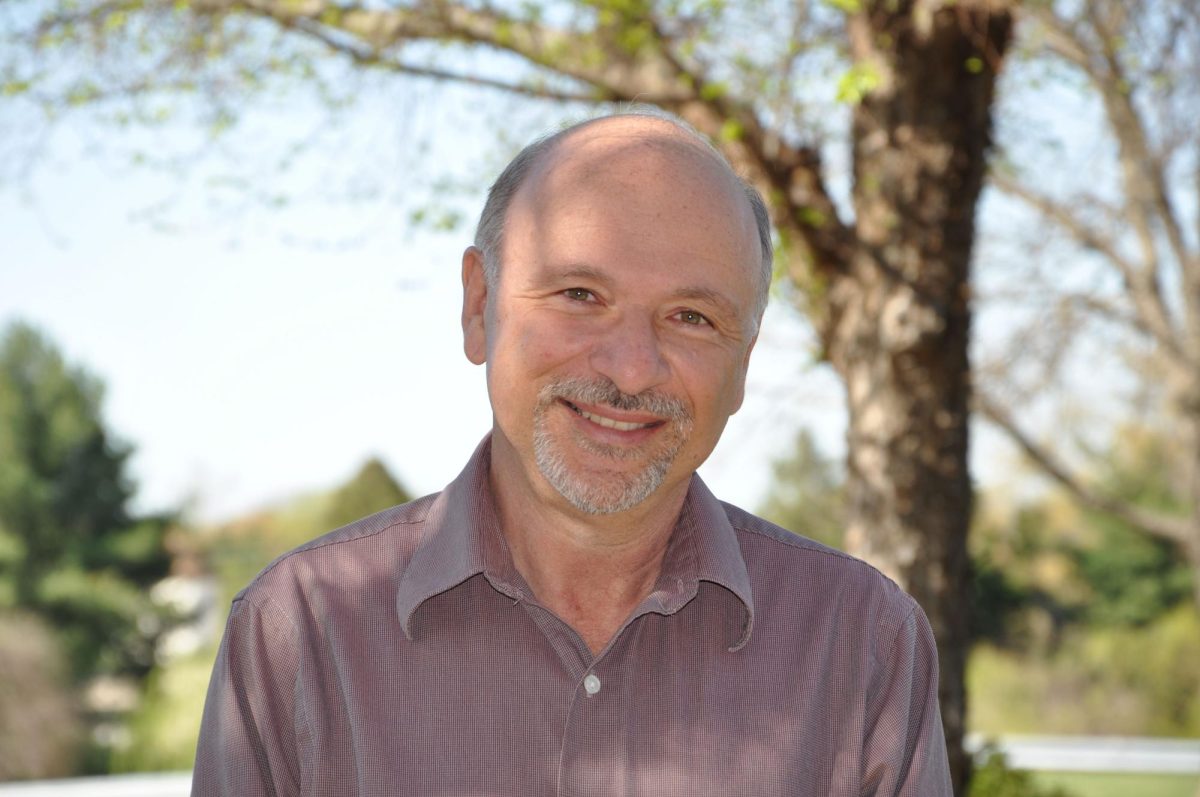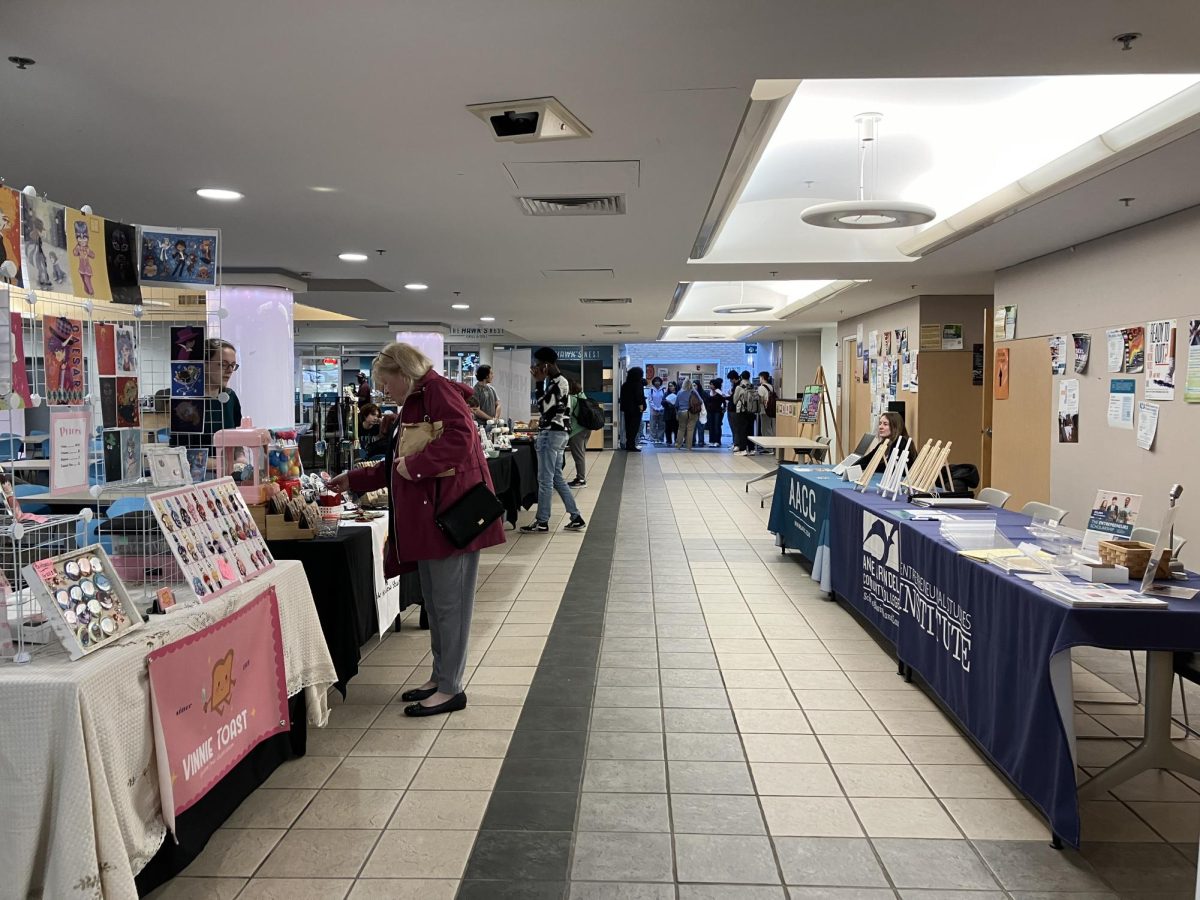The first time former insurance salesman Greg Vetter realized that his mother’s homemade salad dressing could make him a fortune, his neighbor was confessing that he had used the code Vetter had given him previously to go into his house and steal a two-liter bottle of it from the refrigerator.
“What kind of salad dressing is so good that someone would break into my house and steal it?” Vetter recalled asking himself. The same day, he said, he told his wife, “I’m going to quit my job and I’m going to start a salad dressing company.”
Five years later, his company, Tessemae, was selling $25 million worth of the product a year.
Vetter told his story to AACC students on Tuesday at an event hosted by the Entrepreneurs Club on campus.
And though Vetter doesn’t sell salad dressing anymore, he is involved with five other businesses, coaches other entrepreneurs and wrote a book, “Undressed.”
In a meeting attended by nine students and professors, Vetter advised students who want to be entrepreneurs to trust their instincts.
“I would say all of my greatest failures went back to me not trusting my gut and having an expert or a board member or a, you know, consultant go, ‘What [are you] saying?” You’re 25, you’re 35, you’re whatever. Sit down [and] let the big dogs take over,” Vetter said.
Vetter said most of the time entrepreneurs aren’t discovering anything new.
Vetter said as a teenager he interviewed a number of his friends’ wealthy fathers, mostly entrepreneurs, and asked: “Did you, you know, figure out something that nobody else in the world could figure out?’ Some of them had done that. Most had not.”
Sparsh Verma, a second-year business administration student, said she found Vetter’s presentation helpful.
“I think it was a great opportunity and maybe something I also needed at this time,” Verma said. “I think I’m going to trust myself more and my gut more.”
Stephanie Goldenberg, the department chair for Entrepreneurial Studies, said it’s good for students to hear the stories of other entrepreneurs to help them learn from their mistakes.
“I think when you have an idea or a dream, you question yourself whether to pursue it,” Goldenberg said. “And to hear from someone who did it, it didn’t go perfectly, but they’re still living another dream and staying true to their values … I think the story that’s shared will resonate with anyone who is trying to find themselves.




